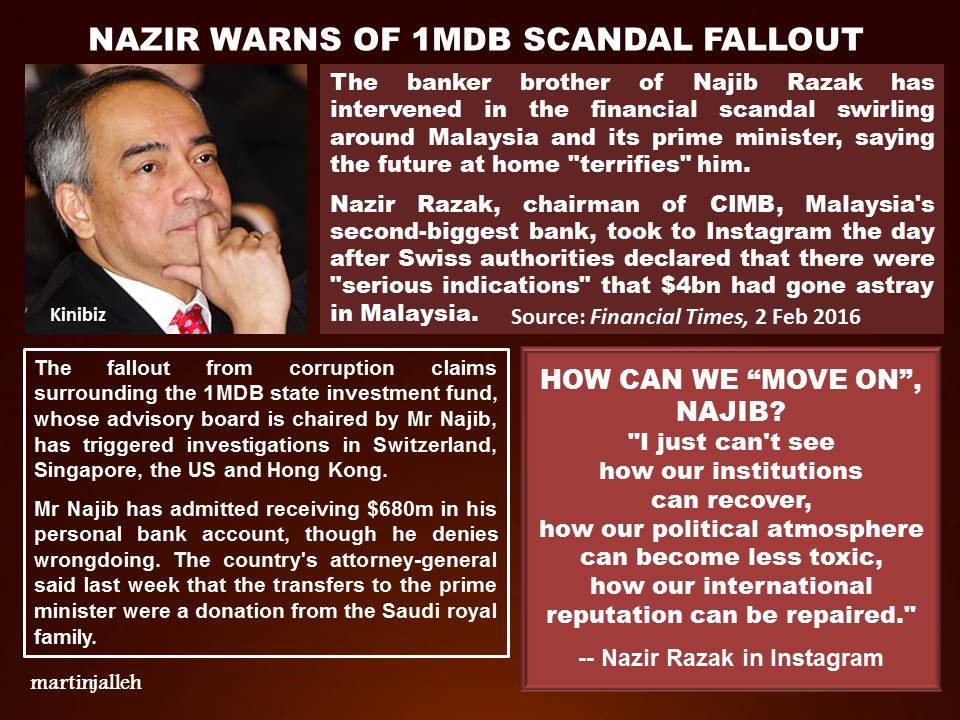The Attorney-General Tan Sri Mohamad Apandi Ali allowed a rare but very insightful though frightening peep into his mind in his interview with Sin Chew Daily today.
Apandi’s interview deserve fuller dissection and analysis, but for the immediate moment, what warrants immediate response is the revelation that the Attorney-General is mulling laws to increase the punishment of those who leak state secrets and journalists who report, and that the Attorney-General’s Chambers is proposing to amend the Official Secrets Act 1972 to include life imprisonment and 10 strokes of the rotan as punishments.
Apandi said: “In some countries, the leaking of official secrets is a serious offence, like in China where it carries the death sentence.”
Apandi insisted that should journalists protect or refuse to reveal the sources by invoking journalistic ethics, they will be considered collaborating with a potential saboteur.
“We may charge journalists who refuse to reveal their sources.
“I am not joking. If I have 90 percent of evidence, I will charge the journalist, editor, assistant editor and editor-in-chief. I am serious, no kidding. We have too many leakage of secrets in Malaysia.
“The right to know is not granted by the constitution.”
This must be the first time the Attorney-General of Malaysia expressed admiration and envy for the laws and system in China, as it had never been done by his predecdessors. Continue reading “Would a person like Najib have survived as China’s top leader with two mega scandals swirling around him causing the country to be named No. 3 in world’s “worst corruption scandals in 2015” and the subject of investigation by seven different countries, including by US FBI, whether he is a kleptocrat?”

